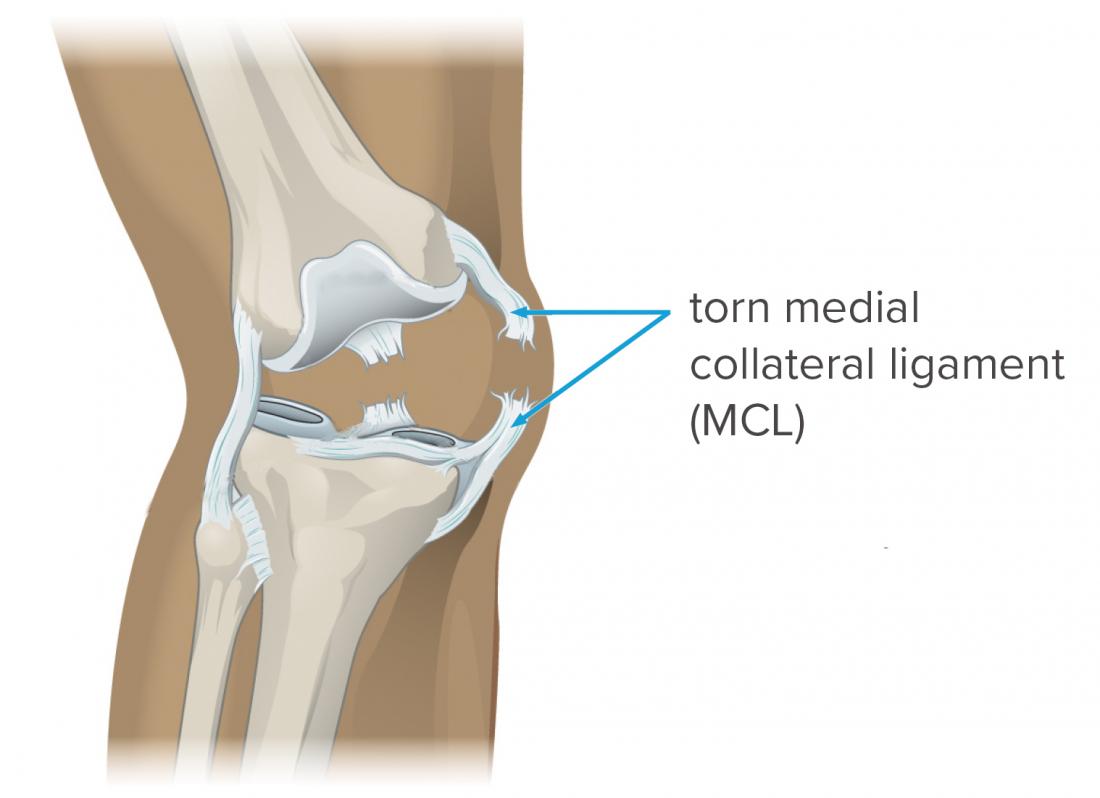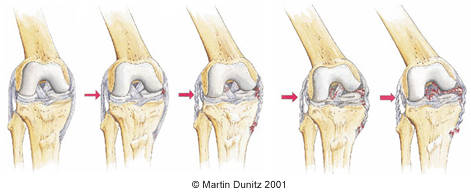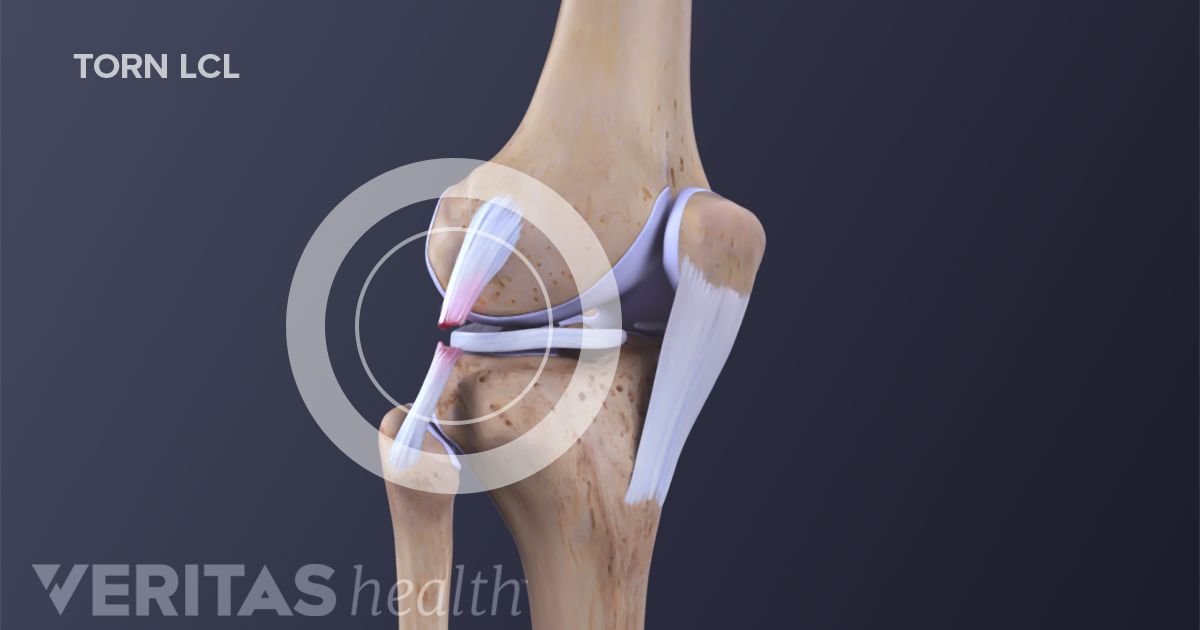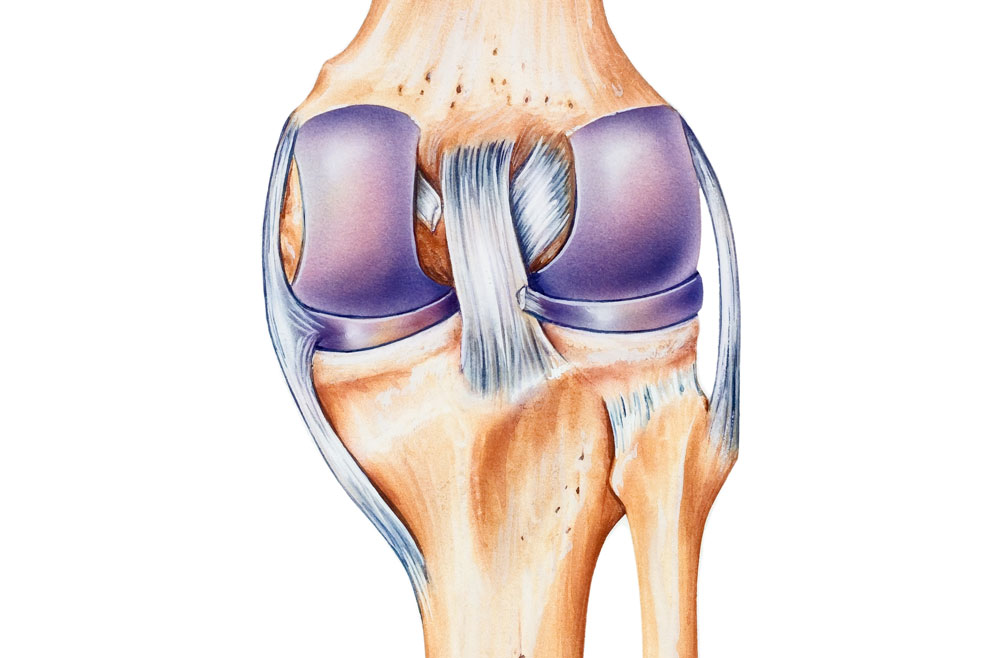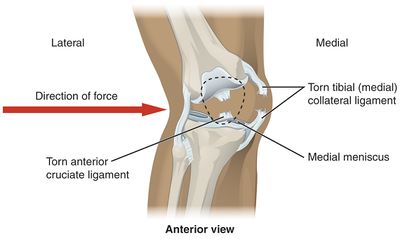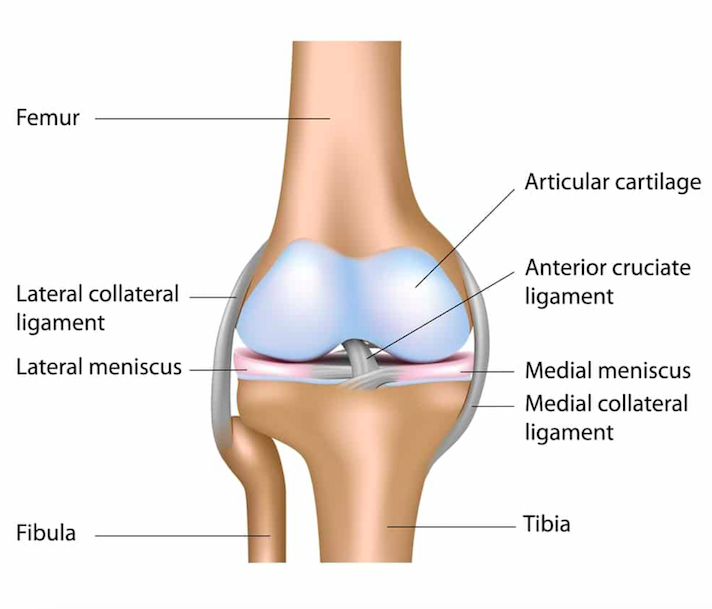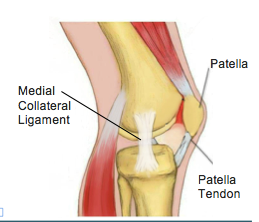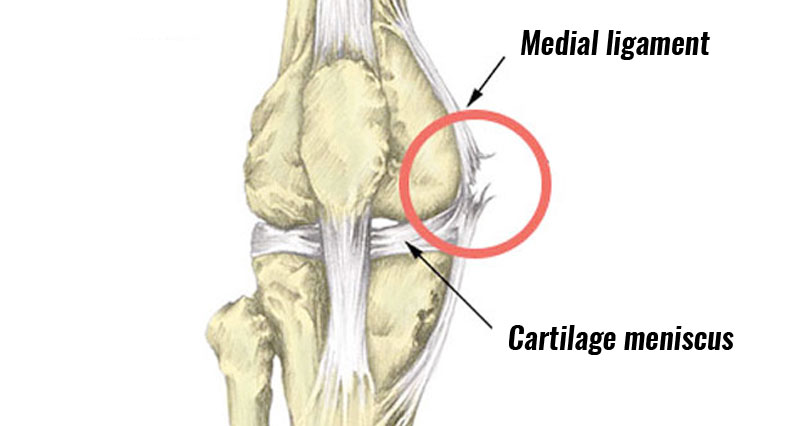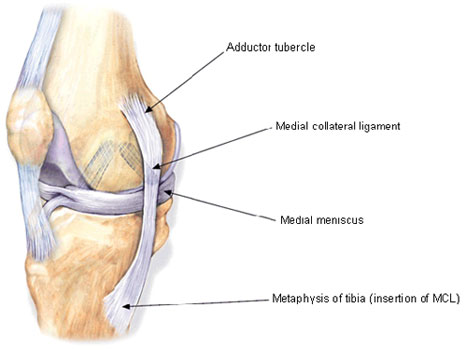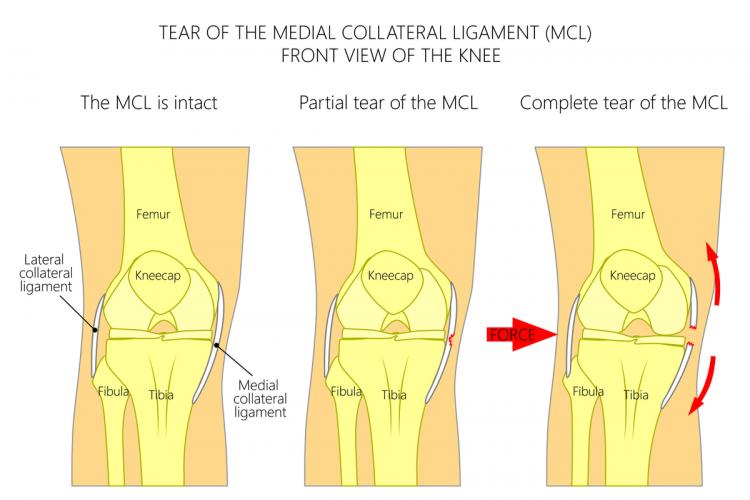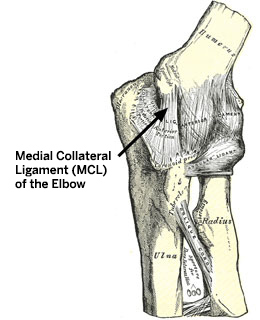Medial Colateral Ligament Injury
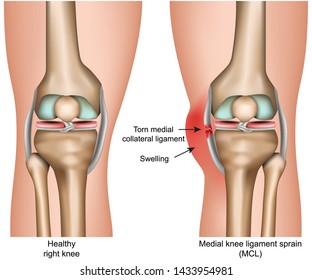
This abnormality is seen on an x ray when calcium deposits are seen in the mcl.
Medial colateral ligament injury. Your knee ligaments connect your thighbone to your lower leg bones. It is usually caused by twisting or direct impact but may develop gradually over time through overuse. This stretches the ligaments on the inside of the knee too far or can tear them. Injuries to the medial collateral ligament most often happen when the knee is hit directly on its outer side.
Collateral ligament injuries knee ligament sprains or tears are a common sports injury. A direct blow to the knee or a noncontact injury due to cutting or sudden deceleration or stopping may damage the mcl. A medial collateral knee ligament sprain or mcl sprain is a tear of the ligament on the inside of the knee. The medial collateral ligament mcl is located on the inner aspect or part of your knee but it s outside the joint itself.
If you collide with another player when you re playing a sport and the side of your knee is hit hard your mcl may be injured. The mcl medial collateral ligament is a band of tissue that runs. Sprains can be graded as follows. Typically the calcium deposit is next to the attachment of the ligament to the end of the thigh bone.
Medical professionals refer to knee injuries that involve the mcl injuries as sprains or tears. Severe sprain or partial tear high signal is seen medial to the ligament with high signal or partial disruption of the ligament. Here we explain the symptoms causes treatment and rehabilitation of an mcl sprain. Minor sprain high signal is seen medial superficial to the ligament which looks normal grade 2.
Treatment is usually with ice a knee brace and physical therapy. One abnormality of the medial collateral ligament is the pellegrini stieda sign which is often seen in chronic mcl injuries. It is not uncommon for athletes to suffer tears of the medial collateral ligament and anterior cruciate ligament at the same time. It is one of the most common knee injuries and results mostly from a valgus force on the knee.
The medial collateral ligament mcl and lateral collateral ligament lcl are found on the sides of your knee. A tear to the medial collateral ligament in the knee can cause pain swelling and a lack of stability in the knee. The medial collateral ligament is one of four ligaments that help stabilize the knee.

